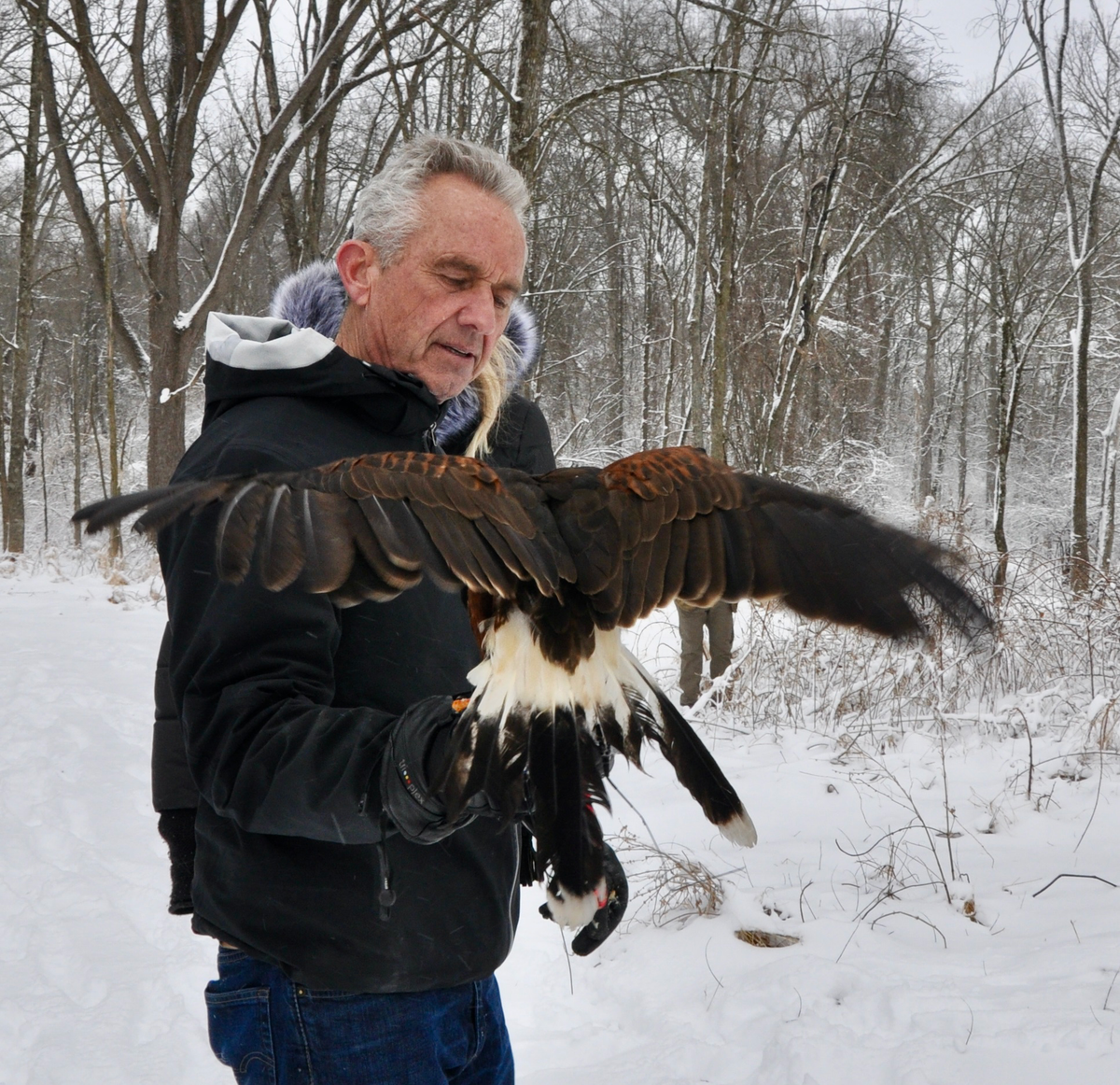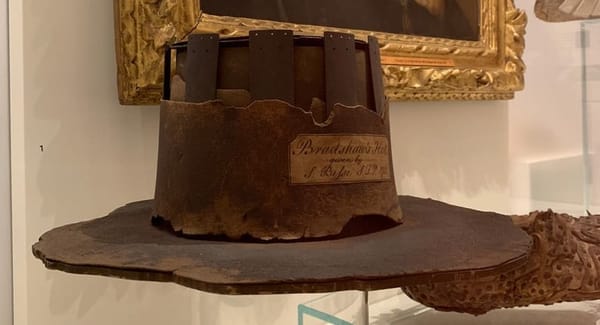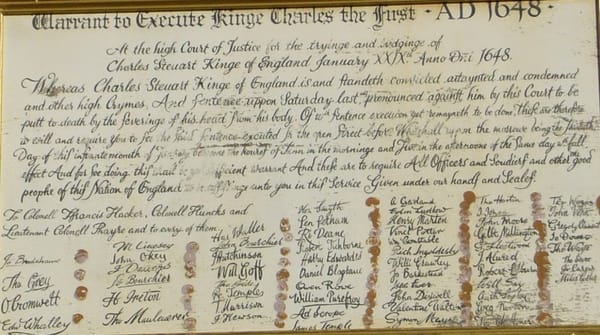Don’t Forget RFK Jr.’s Weird, Violent History with Animals

Robert F. Kennedy Jr. has spent decades cultivating an image as an environmentalist and wildlife advocate. But a trail of eccentric, sometimes unsettling animal stories — many confirmed by Kennedy himself or recalled by family members — offers a very different portrait. None have led to criminal charges, but together they form a strange, decades-long record of how Kennedy interacts with the natural world.
The Bear in Central Park
In 2014, a dead black bear appeared mysteriously in New York’s Central Park, positioned upright next to a bicycle. A decade later, Kennedy acknowledged in a 2024 interview with Roseanne Barr that he and a friend had staged the scene.
He explained that he had found the bear on a roadside in New Jersey after it was struck by a car. He loaded it into his van, intending to skin it for its pelt, but later left it in the park beside a bike “as a joke” before catching a flight.
“We thought it would be amusing,” Kennedy said.
— Time Magazine, August 2024
The New York Police Department closed the case at the time without charges, but the revelation reignited debate over his judgment.
The Whale Head Story
One of the more grotesque family anecdotes involves a dead whale. Kennedy’s daughter, Kick Kennedy, told Vanity Fair that when she was six years old, her father used a chainsaw to remove the head of a whale that had washed ashore, then strapped it to the roof of the family car.
“Every time we accelerated, whale juice would pour into the windows,” she recalled.
— Vanity Fair, June 2024
Federal officials briefly looked into the report to verify that no protected-species laws had been broken; no charges followed. Kennedy later said the event occurred decades ago, before current marine-mammal regulations, and reflected his lifelong fascination with wildlife biology.
The Mice and Chicken Blenders
Perhaps the most widely discussed allegation comes from a 2014 family letter by Caroline Kennedy that resurfaced in People magazine in 2024. She wrote that her cousin Robert “blended baby chickens and mice” to feed his hawks — a claim describing the practice as “grotesque and perverse.”
Kennedy, who has practiced falconry since youth, has not directly denied the anecdote but has said that he legally feeds his raptors with frozen prey as any falconer would. Whether the blender detail is literal or exaggerated remains unclear, but the report fits a pattern of unconventional — and sometimes macabre — interactions with animals.
— People, July 2024
Roadkill and Falconry
Kennedy has openly discussed collecting roadkill for use in falconry and study.
“I have a freezer full of it,” he told People in the same 2024 interview.
Under U.S. Fish & Wildlife Service permits, falconry is legal, and feeding raptors with small carcasses is standard practice. Still, the public reaction to his vivid descriptions shows how thin the line can be between scientific fascination and off-putting eccentricity.
The “Dog-Meat” Photo
In another controversy, a photo circulated online appearing to show Kennedy posing with a roasted animal that some viewers mistook for a dog. Kennedy clarified that the image was taken during a South American river expedition and that the animal was a goat hunted and eaten legally on the trip.
“That was a goat we shot on a river trip,” he told Vanity Fair in June 2024.
No further evidence contradicted that account.
Between Myth and Misunderstanding
All of these episodes — from the bear and whale to the blender rumor — have been confirmed, clarified, or contextualized through Kennedy’s own remarks or reliable reporting. None has resulted in criminal charges, and some may reflect exaggeration or family storytelling more than intent to harm.
Yet, they remain striking because of their imagery and consistency: a public figure long associated with environmentalism who also tells stories of dead bears, chainsaws, and makeshift feedings.
For observers, these tales are less about guilt or innocence and more about perception — how eccentricity can complicate legacy in an era when private folklore easily becomes public record.
Legacy and Memory
In the Kennedy family, mythmaking has always blurred into biography. RFK Jr.’s animal stories, now widely circulated, have become part of that mythology — unsettling, strange, but undeniably memorable. Whether they are read as cautionary tales, misunderstood adventures, or relics of a different era, they serve as reminders that the boundary between reverence for nature and control over it has always been thin.




